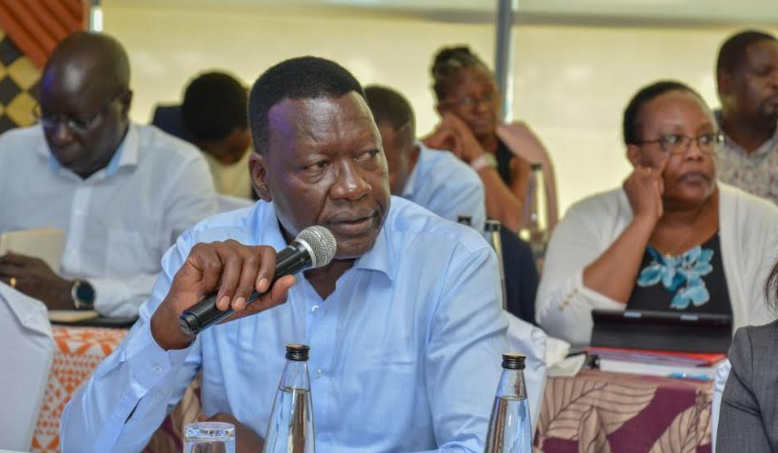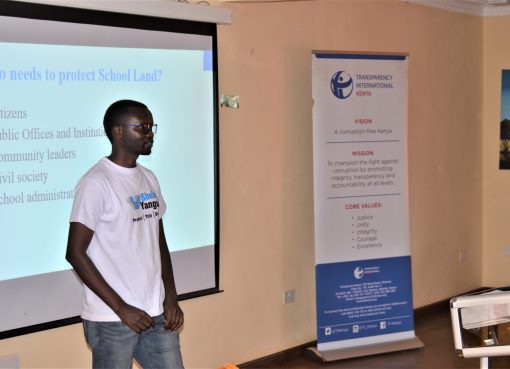Energy and Petroleum Cabinet Secretary Davis Chirchir has pledged that the ministry is deliberating possible ways of reducing the cost of petroleum products to attain feasible solutions that will benefit all Kenyans.
Speaking during a consultative forum held by the National Assembly Departmental Committee on Energy with the Ministry of Energy and Petroleum and its SAGAs, Chirchir said that they are working on the scrutiny of internally generated revenue and measures to reduce the cost of petroleum products.
“The increase in petroleum products causes inflation, yet it is very important to work on the drivers of the economy to stay afloat so as to stop affecting the prices of other commodities too,” he said.
The CS also said they are discussing reconciling the budget and reporting process. “The energy committee has gone ahead of all the others to discuss and concluded that we will have to work on the list that will help us make our budget and report,” he said.
This, he said, will help to look into the challenges and concerns that have been raised and be able to sort them out, as well as have full disclosure of the finances allocated to the ministry.
He added that this is a very good discovery the committee has made to ensure that the ministry is able to resolve budgeting and reconciliation templates.
“Demurrage charges can accumulate from 1 million dollars to 7 million dollars, affecting the price of petrol when allocation is done,” Chirchir said.
He explained that the long delays to offload the petrol from the chartered ships are a result of the few facilities available, which then lead to the accumulation of the demurrage charges.
The CS said that they have been trying the government-to-government (G2G) policy from international oil companies for two months now and that it has turned out to prove that there is less risk involved than what was perceived earlier.
Chairman of the Energy Committee of the National Assembly Departmental Committee, Vincent Kawaya, said that the main agenda of the meeting was budget reporting and engagement between the committee and the Ministry.
“On the budget issue, we realized that many times it had not been the custom for different SAGAs to report all their sources of income because most of the income generated goes to the National Treasury,” Kawaya said.
He said that there are times that the ministry generates more income than the one estimated through exchequers and grants.
Kawaya said that the committee wants to have that money accounted for in the budget.
He also noted that every factor held constant, the price of petrol is affected by the dollar, and he advocated for Africa to come up with a common currency to help curb this challenge.
By Fatuma Said




